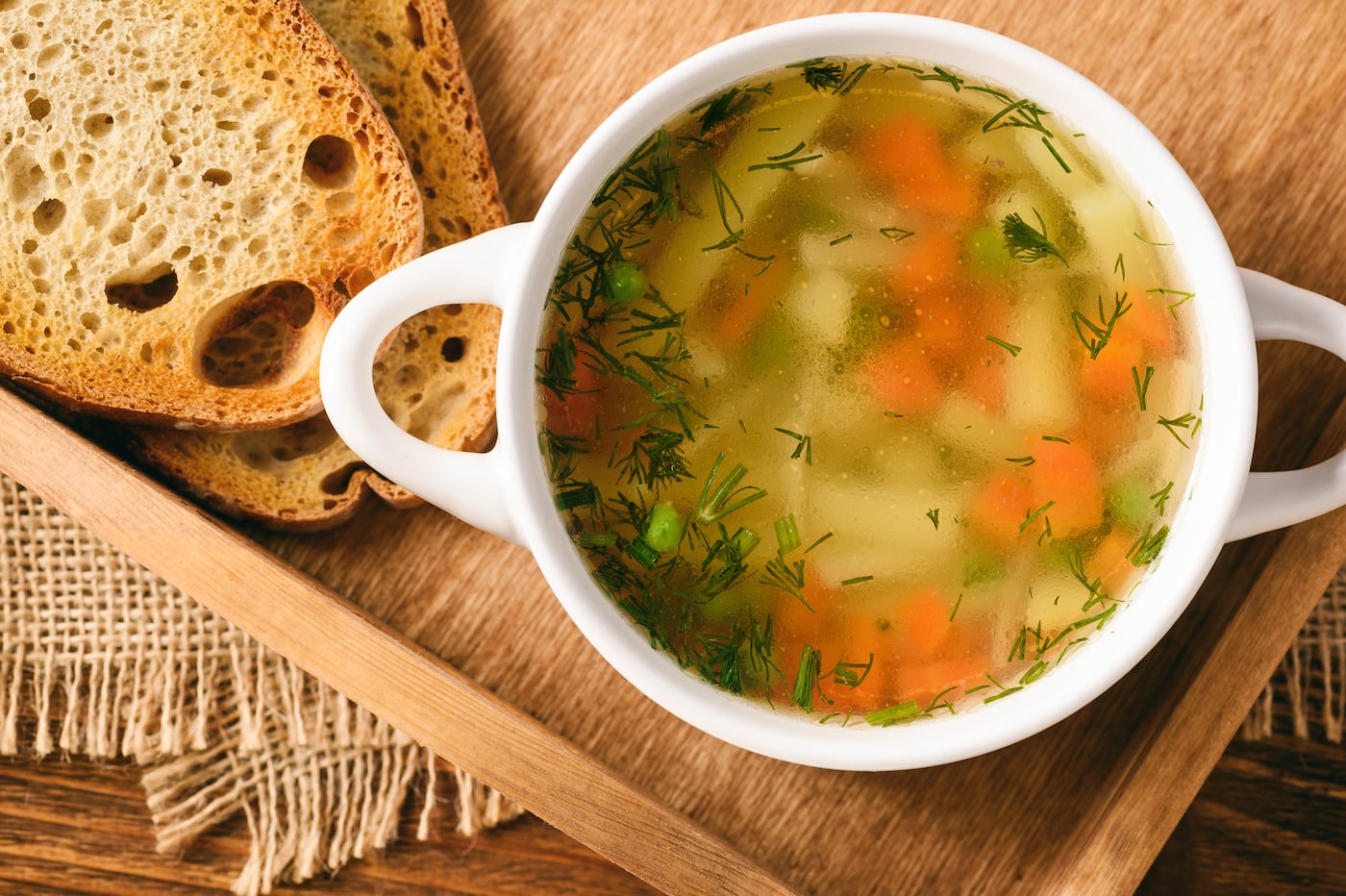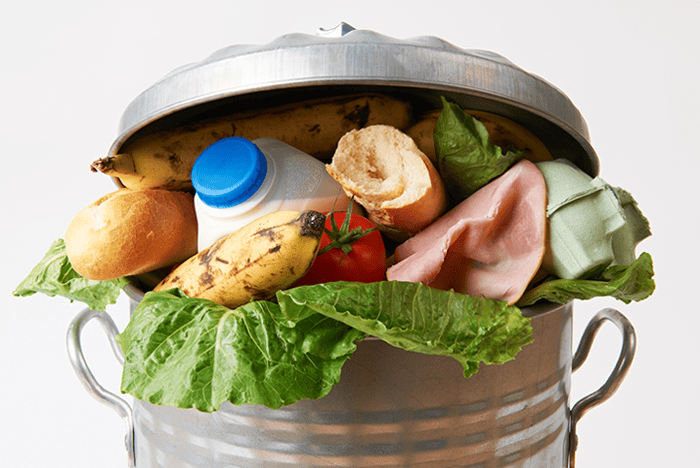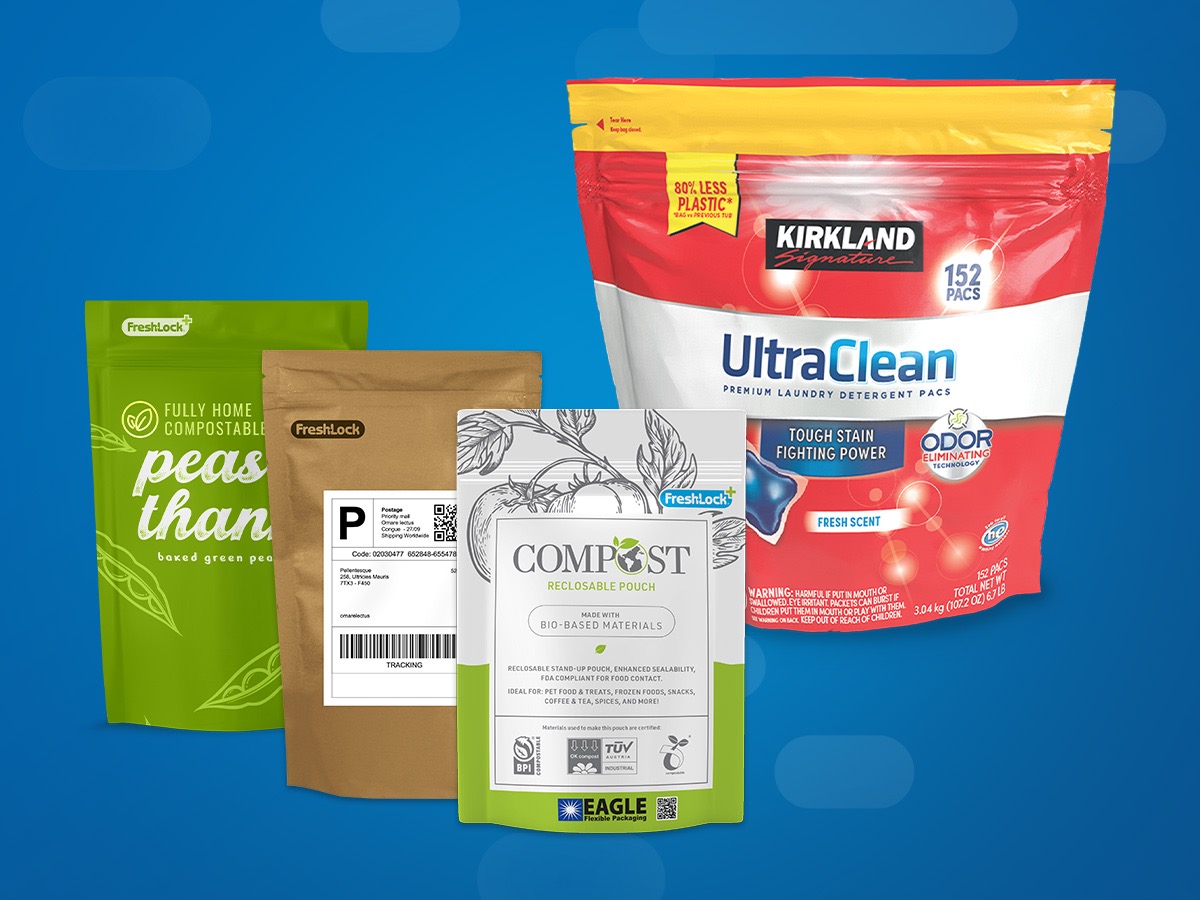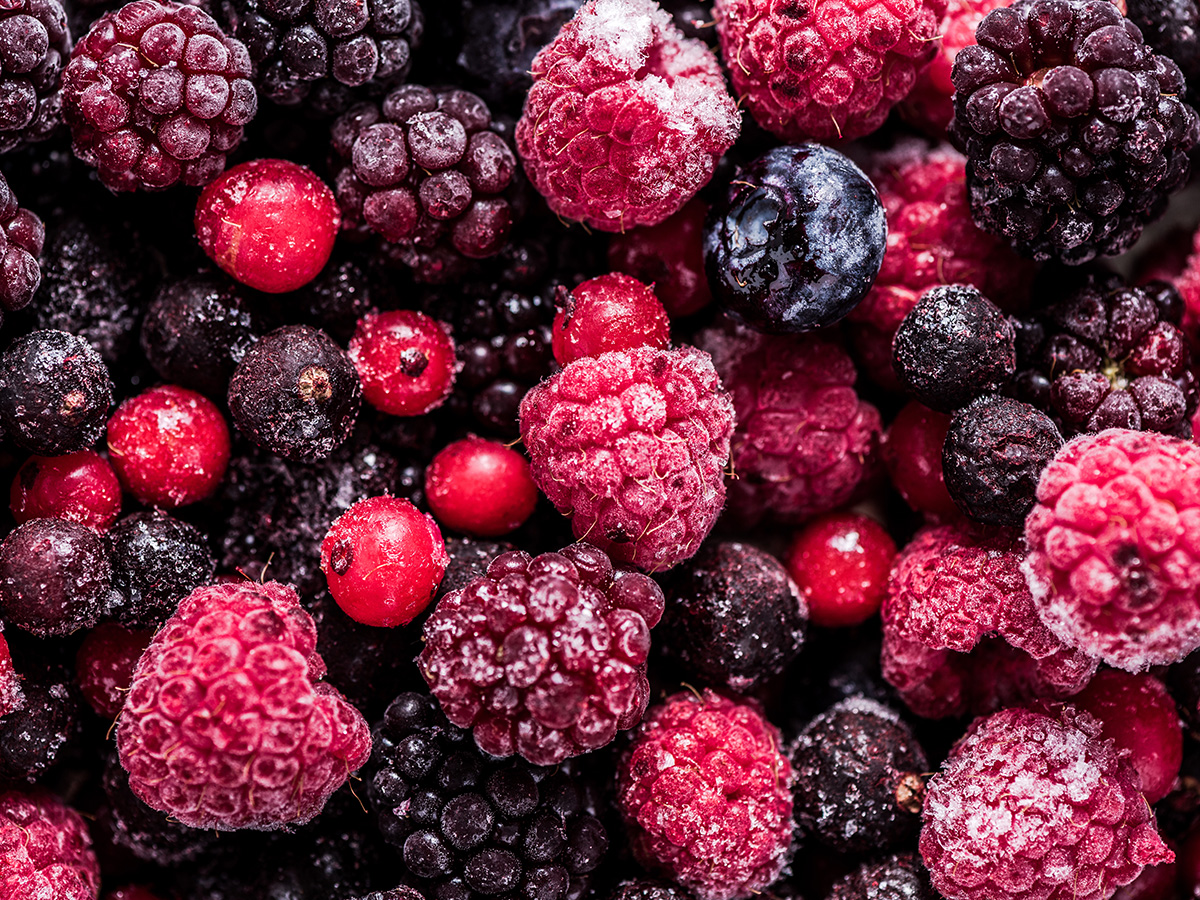
How to Fight Food Waste with Flexible Packaging
The facts are astonishing: the annual amount of food waste in the U.S. equates to 36 million tons, which is worth $162 billion. On average, the typical American family throws away 40 percent of fresh meat, 51 percent of dairy and fruit, and 44 percent of fresh vegetables. Of this, two-thirds is due to food spoilage (Flexible Packaging Association).
You may have heard that flexible packaging can help to reduce food and product waste. But, why is that true and what can you do as a brand or food manufacturer to not only contribute to fixing the issue, but educating consumers?
Flexible packaging and food waste
There are two sides to this coin, but what’s most important are the proven facts. Side A tells us that packaging isn’t necessary for certain foods like produce; it adds to our global waste epidemic. Side B tells us that packaging helps lower food and product waste altogether. Which is the truth and which is a myth?
The Economist shares the facts from another perspective. Yes, an environmental tradeoff exists. While packaging requires resources to produce, it takes fewer emissions to create the packaging than the emissions associated with food waste. “For every ton of packaging, the equivalent of between one and two tons of carbon dioxide is released. For every ton of food wasted, the equivalent of over three tons of carbon dioxide is emitted.”
However, it’s most important to understand that, “no matter how lightweight a package is, for example, and no matter how much recycled content it contains, if it fails to do its food preservation job, then it makes a far worse environmental impact than a heavier package made of virgin material that performs properly” (Pro Food World).
Packaging that is intended to extend shelf life keeps food fresher for a longer period of time. It’s an important aspect to consider when selecting packaging attributes and features for your brand.
What can you do to help?
1. Make use by, sell by, and expiration dates understandable.
Consumers can get confused by use by, sell by, and expiration dates, and sometimes throw product out too early because one of the dates have passed. If it takes a bit more graphics and messaging to define these terms, it may help reduce the amount of food discarded prematurely.
2. Add reclose features to flexible packaging.
Incorporating reclose features to flexible packaging helps extend shelf life and satisfies the consumer need for convenience. Fresh-Lock’s Marketing Manager Sarah Stieby explains, “Consumers are looking for enhanced easy-open, easy-reclose options that are not only convenient, but also extend food freshness. Today’s consumer lifestyle trends not only focus on reduced waste, but also young consumers’ strong preference for convenient and portable products.”
At the same time, retailers are looking for lightweight options that display well on shelf and extend shelf life. Flexible packaging with reclosable features meet both consumer and retailer demands, and help to keep food fresher for a longer amount of time. Ultimately, it’s a win-win for food waste reduction, shelf-life extension, and consumer preference. Read more about packaging’s role in the rise of protein snacks in our recent article.
3. Communicate, communicate, communicate.
When looking at two products in the grocery store, a shopper may not realize that the difference between pre-packaged and unpackaged products can extend shelf life. For instance, green beans in packaging see a shelf life extension from seven to 19 days; whole chicken from seven to 20 days; and bell peppers from four to 20 days (FPA).
Invest in on-pack or on-shelf communication to explain how flexible packaging, reclose features, and vacuum sealed packaging contribute to reducing America’s food waste problem.
If you are looking to not only help correct the food waste epidemic, but also offer consumer convenience in your packaging, contact the team at Fresh-Lock by Presto. New slider and zipper developments such as the mini Slider for small or unique-shaped pouches, Child-Guard® child-resistant sliders, and the rotary over the top (ROTI) slider insertion to eliminate bottlenecks with closures, make adding closures to your packaging easier than ever. Give us a call at (800) 265-0750 or contact us here to get the conversation started!

 Back to Blog
Back to Blog



